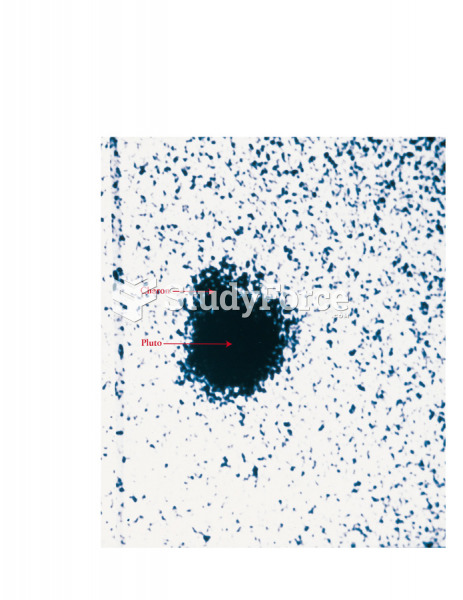|
|
|
Bacteria have been found alive in a lake buried one half mile under ice in Antarctica.
Human neurons are so small that they require a microscope in order to be seen. However, some neurons can be up to 3 feet long, such as those that extend from the spinal cord to the toes.
Thyroid conditions cause a higher risk of fibromyalgia and chronic fatigue syndrome.
Medication errors are more common among seriously ill patients than with those with minor conditions.
There used to be a metric calendar, as well as metric clocks. The metric calendar, or "French Republican Calendar" divided the year into 12 months, but each month was divided into three 10-day weeks. Each day had 10 decimal hours. Each hour had 100 decimal minutes. Due to lack of popularity, the metric clocks and calendars were ended in 1795, three years after they had been first marketed.







